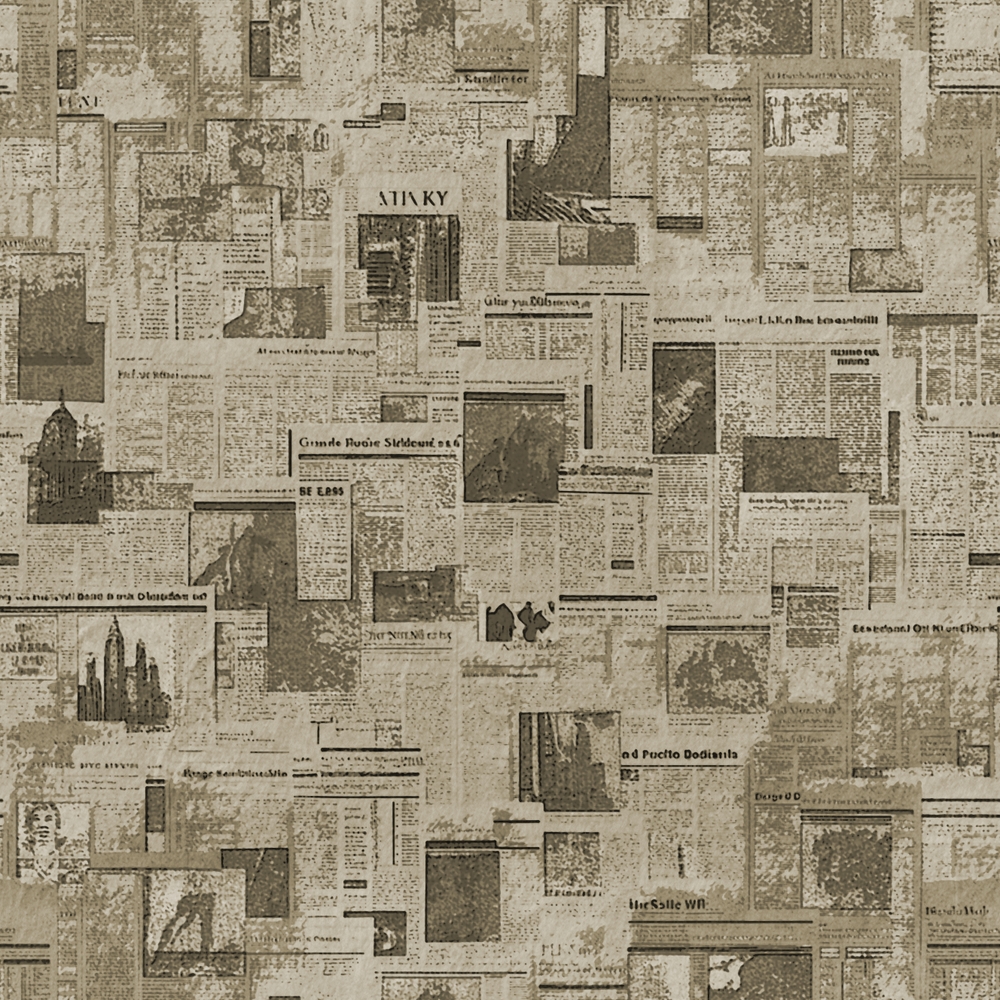This week’s Torah reading, Parshas Shemos, introduces us to our great leader, Moses. What does the Torah tell us about our greatest leader? Perhaps we would expect to hear that he secluded himself from the world and spent years meditating lofty ideas. But the Torah tells us something else. The Torah says (2:11), that when he matured, he left the comfortable palace he was raised in, to see the pain of his brethren being enslaved with backbreaking labor.
He didn’t merely observe the scene and give a sigh. Rashi says, “He concentrated his eyes and heart to bear their pain.” Moreover, the Medrash (Shmos Rabboh, 1:27) tells us that he cried in grief over their suffering, and he actually participated in the work, literally shouldering their burden, in order to properly share their pain.
The Medrash tells us that it is because of this that Moses merited having God speak to him and appoint him to liberate the Jewish Nation from Egyptian oppression. We see from here how imperative it is to feel the pain of another. Learning to take an interest in the wellbeing of others and feeling the pain of their suffering is a trait of utmost priority, and not something to be taken lightly.
Rabbi Yerucham Levovitz points out (in Da’as Chochomo Umussar, Vol. 1, Ma’amar 11) that it’s not enough to superficially take note of someone’s suffering and click our tongues. To truly acquire this trait, one must think deeply into someone else’s situation, with focus and deliberation. We have to really imagine the suffering that someone else is going through and truly share in his agony.
A Torah scroll was once stolen from the synagogue of Rabbi Mordechai Tzukerman. All the members of the congregation were very upset over the incident. An investigation was launched, but the missing scroll could not be located. A while later, the police eventually caught up with the thief, and the Torah scroll was returned. The congregation was excited and filled with joy, and they wanted to make a party to celebrate the return of their Torah scroll. But the Rabbi objected. Rabbi Mordechai Tzukerman said, “How can we throw a party when a Jew (the thief) is suffering in prison?”
This virtue is something we tend to not give a lot of attention to. We all know that it is improper to be callous to the pain of others and it is wrong to ignore the suffering of another. But how often do we make an effort to really delve into feeling the hardships others are suffering? Do we really care to feel the full extent of the pain another Jew is experiencing? If we really care about our fellow brethren, it is our duty to make the effort to put ourselves in their shoes and accurately feel their pain at times of suffering. This trait is not a trivial matter. It is with this virtue that the Torah introduces us to our greatest leader of all times.
If we want to become accomplished in improving our character, it is imperative that we train ourselves in this trait. When we hear about the suffering of others, we must not just brush off the news and continue with our lives. When we hear about others who are in pain, we must take at least a little bit of time to think about their suffering, and at least, to some extent, really share in their pain. By giving a little more attention and feeling for the suffering of others, we can follow in the footsteps of our great leader Moses in attaining true greatness of character.
Parshas Shemos by Rabbi Yitzchok Aryeh Strimber (torah4every1@gmail.com)


